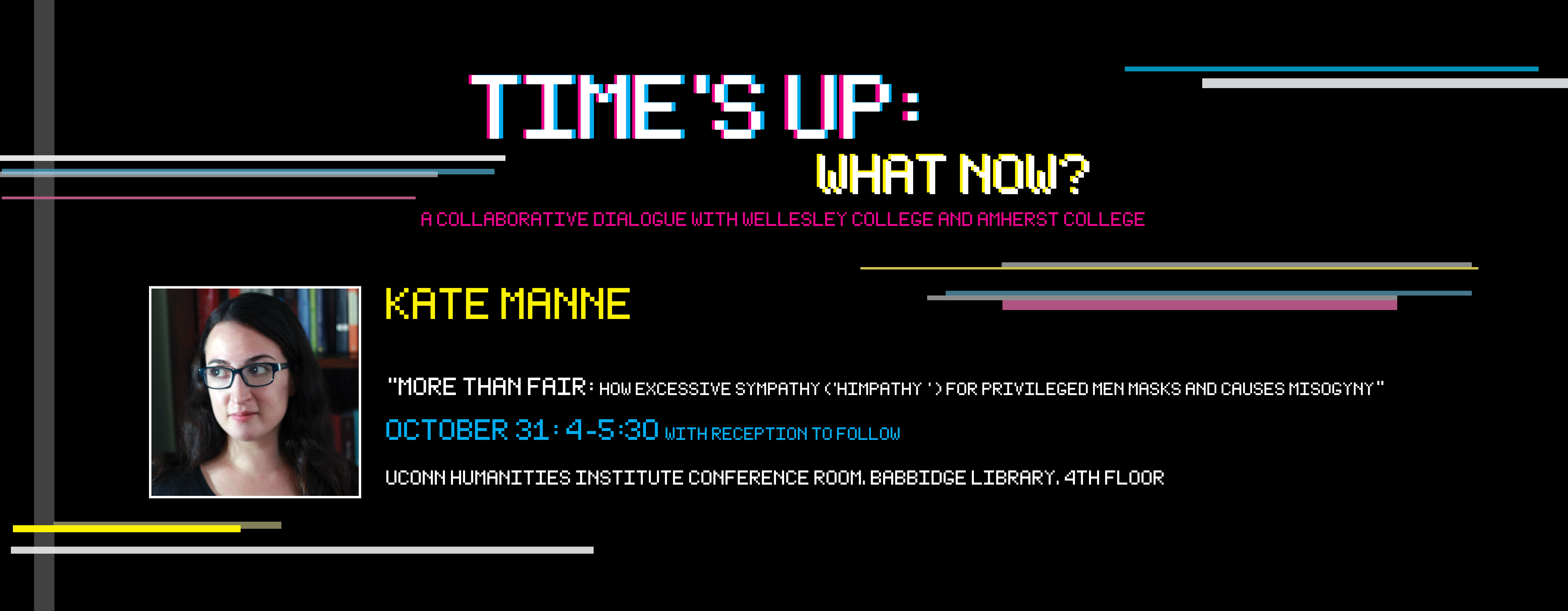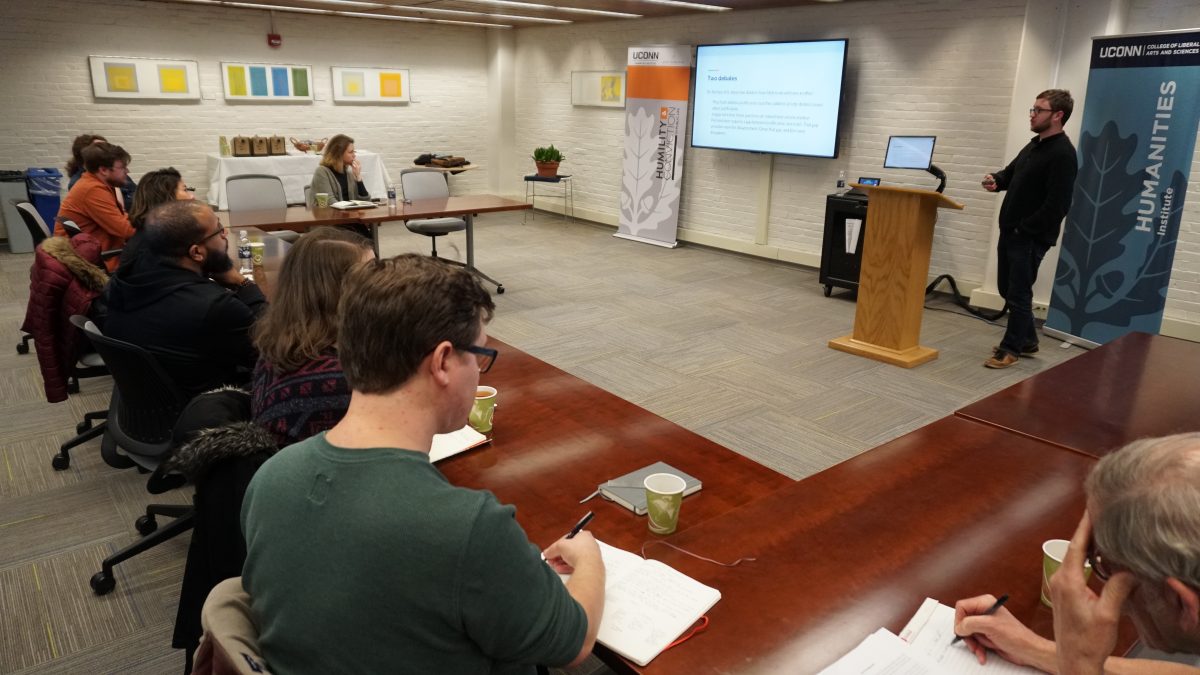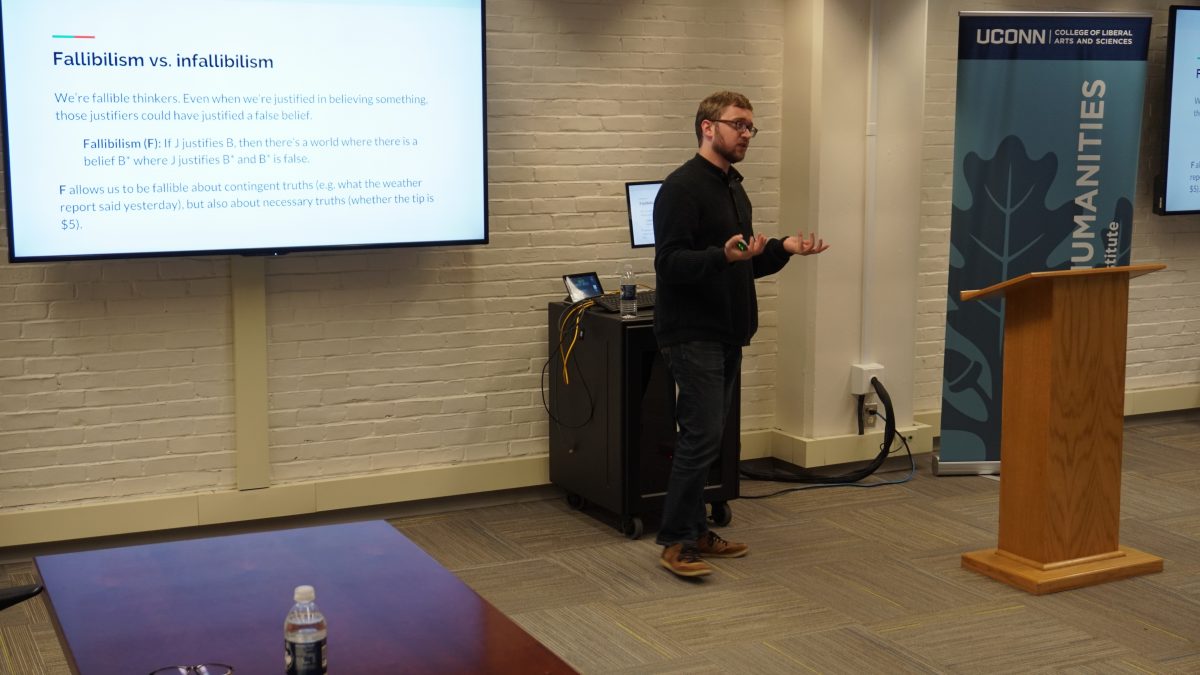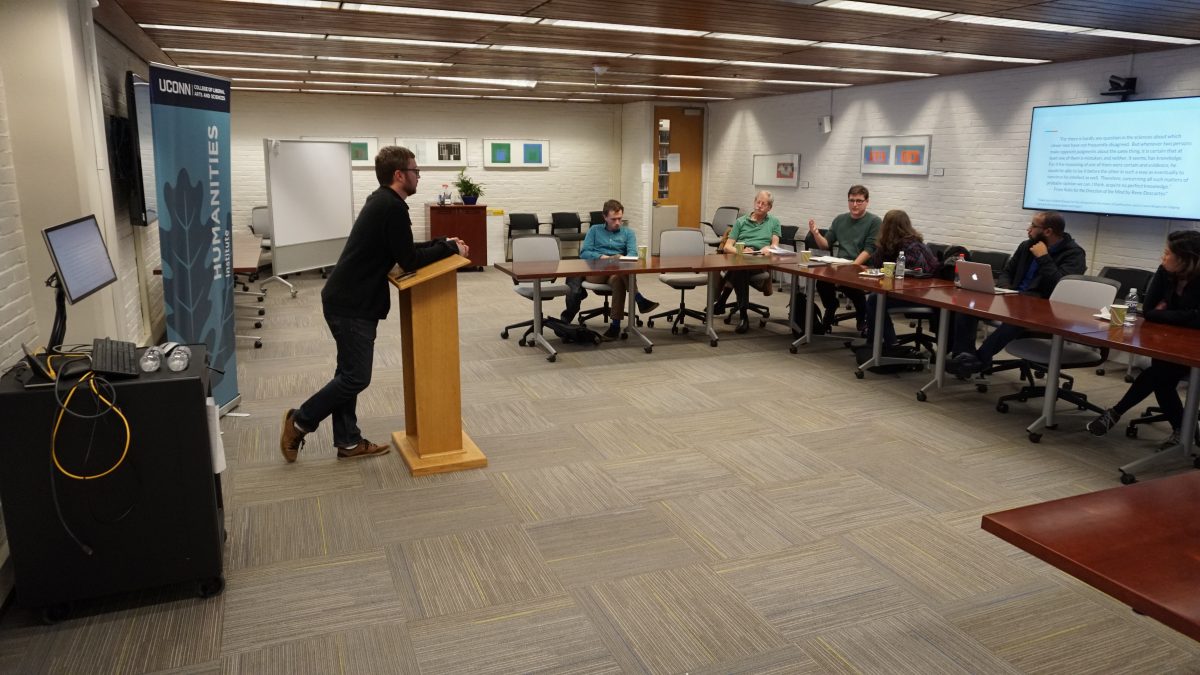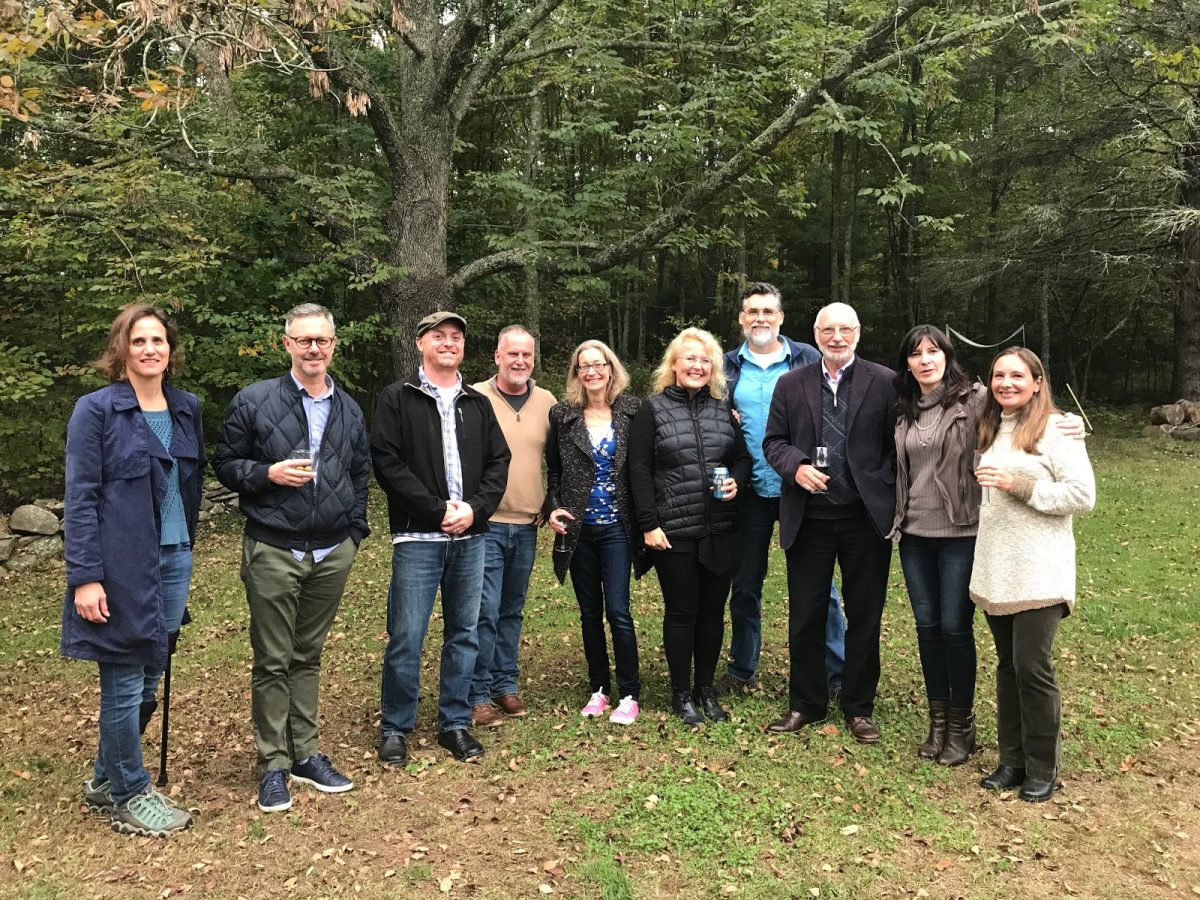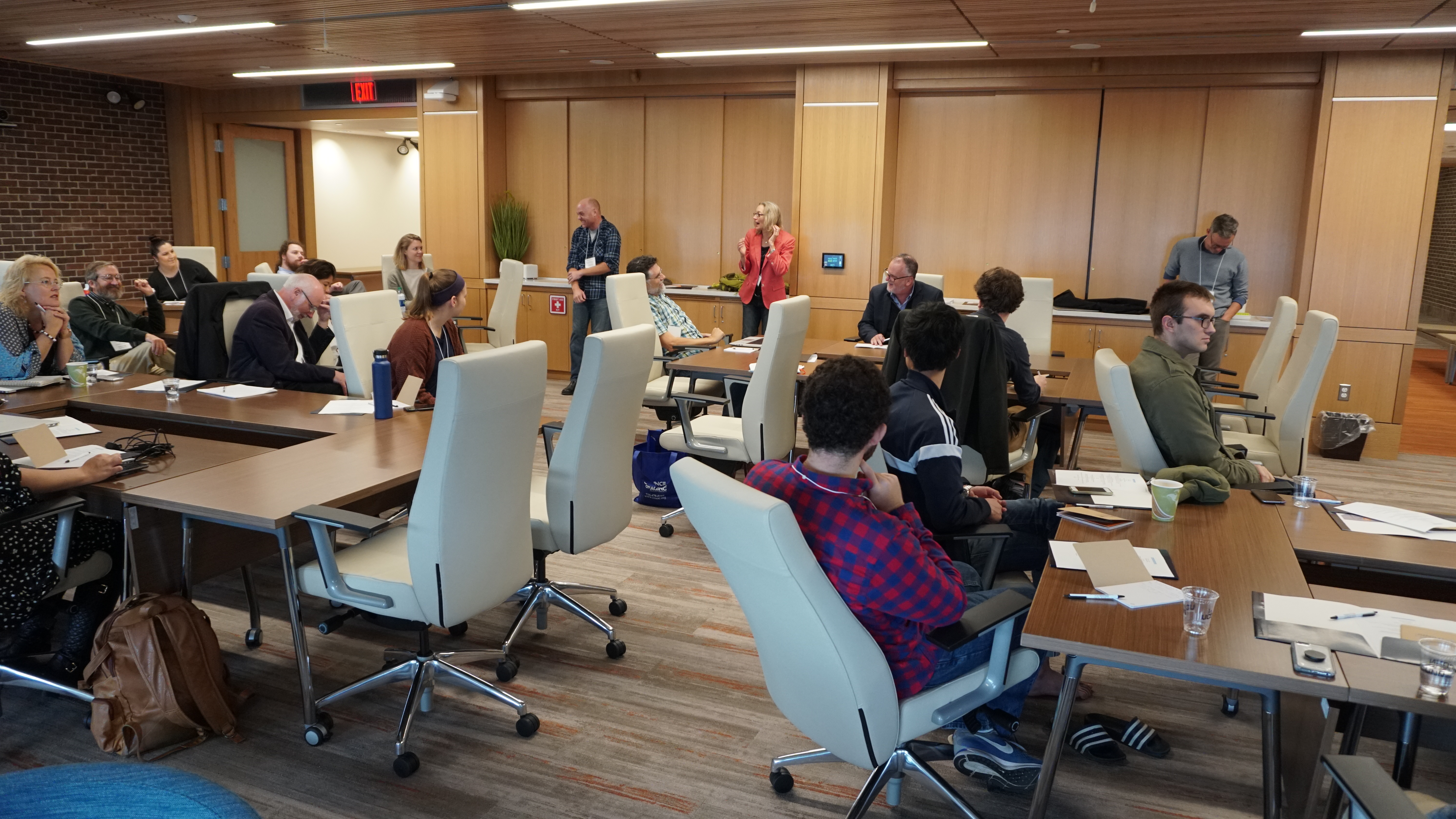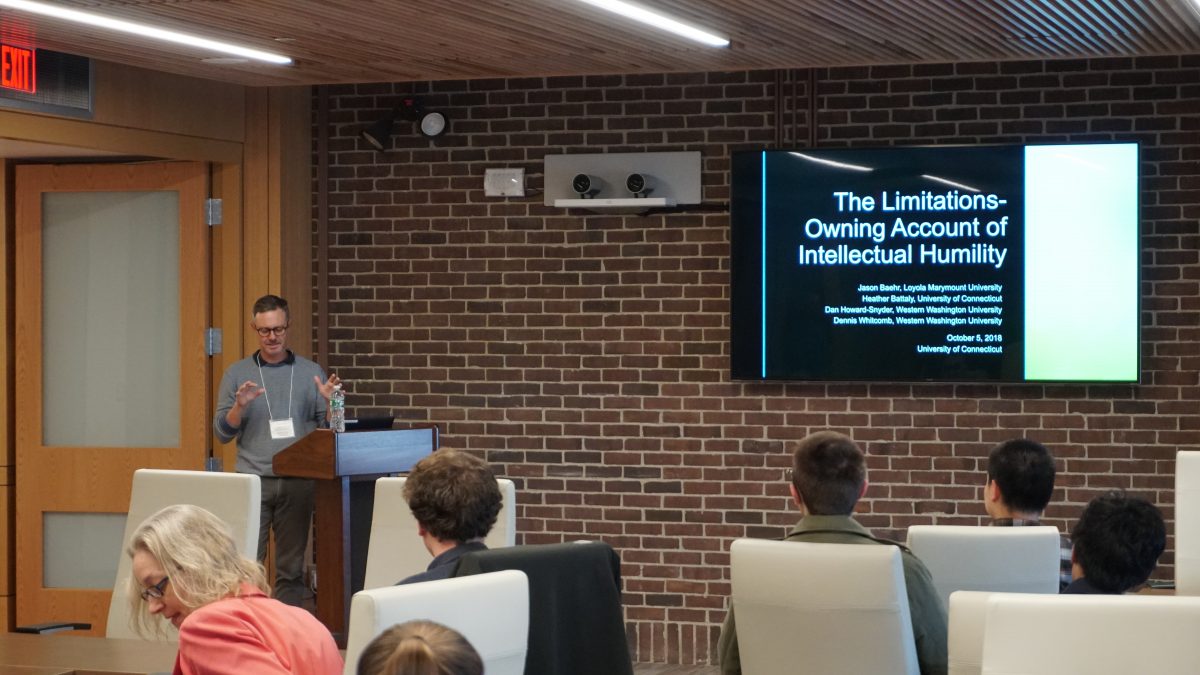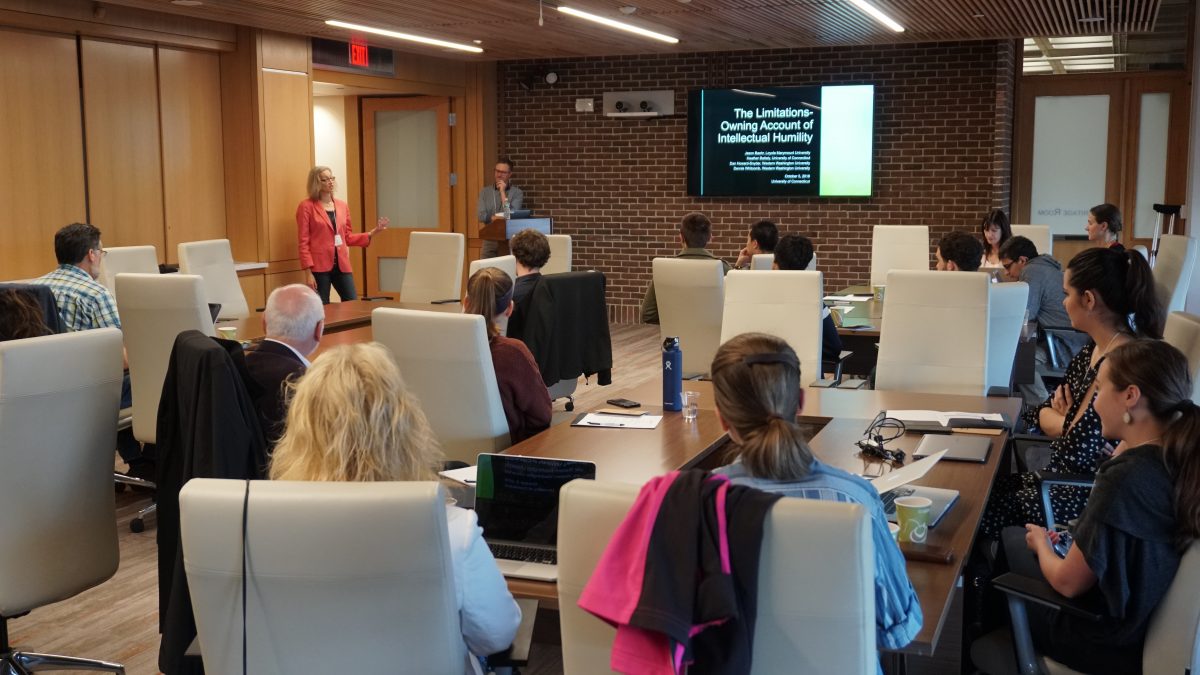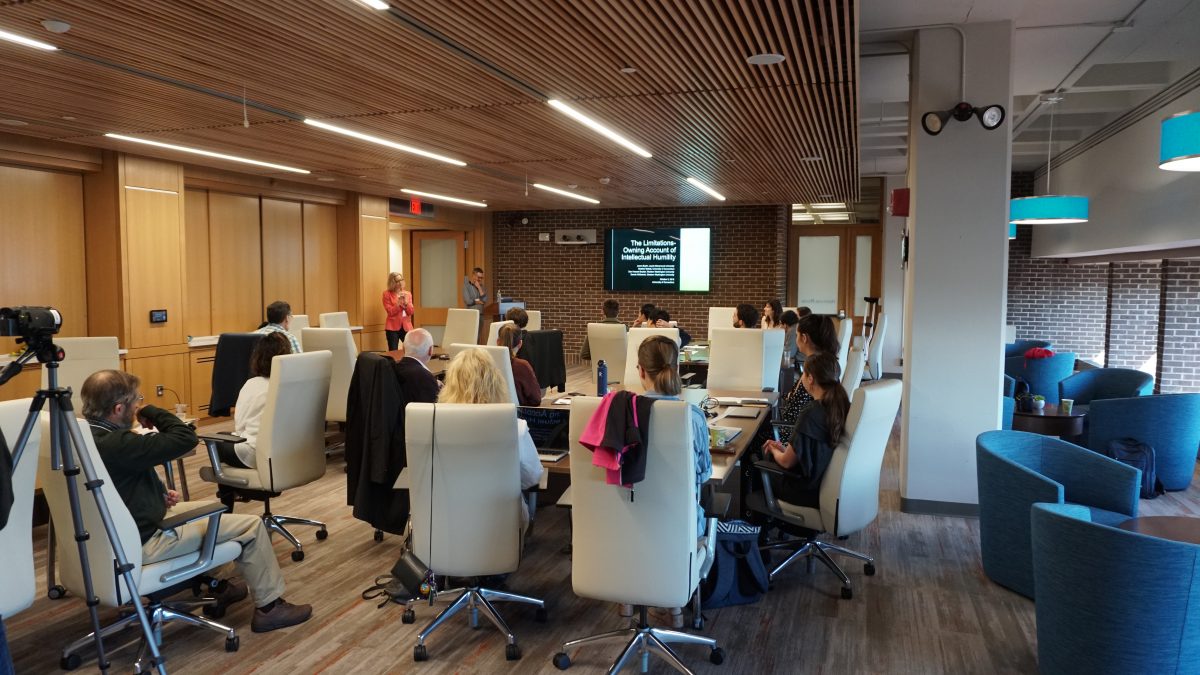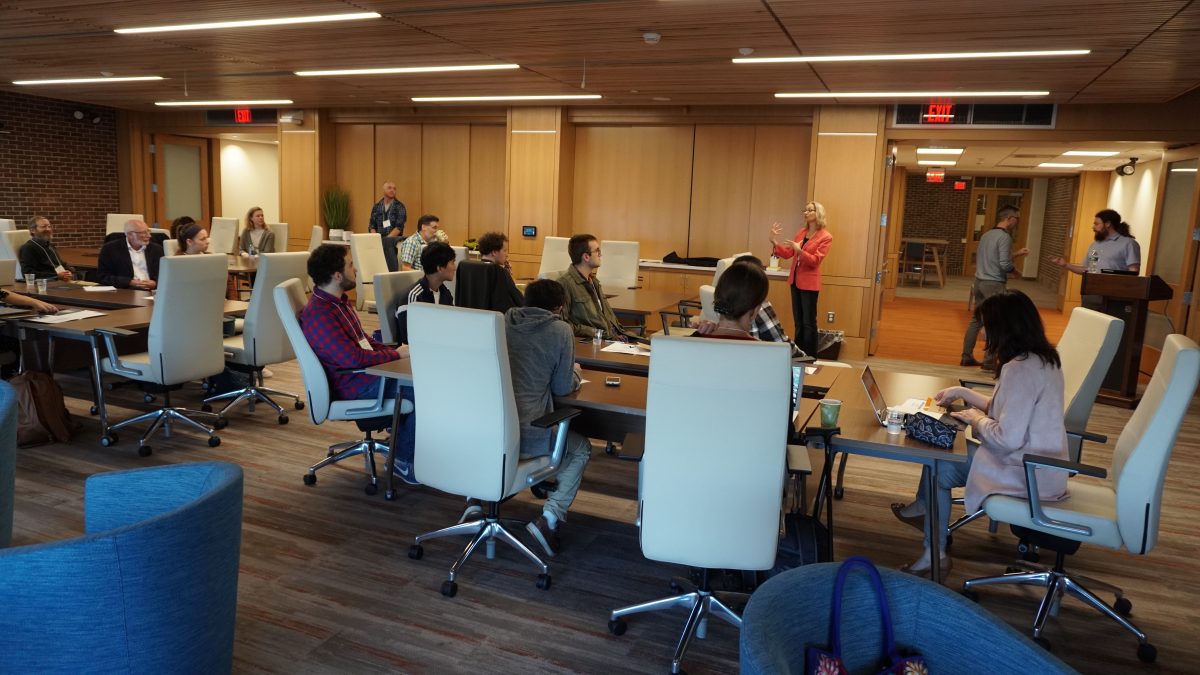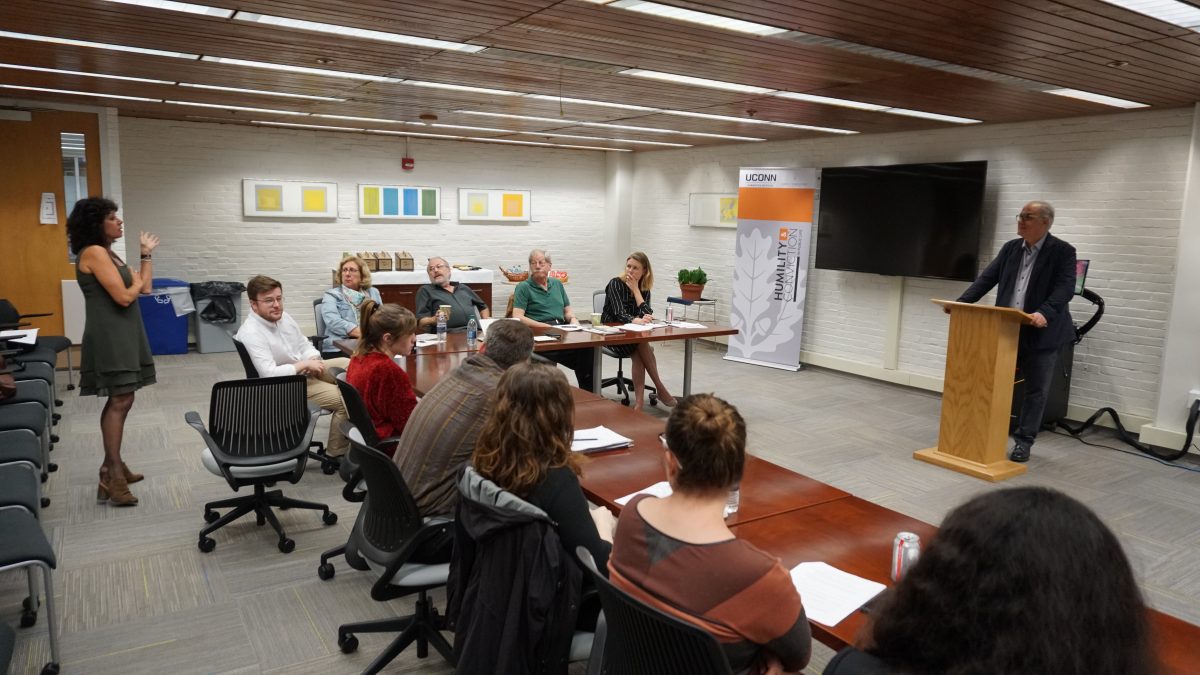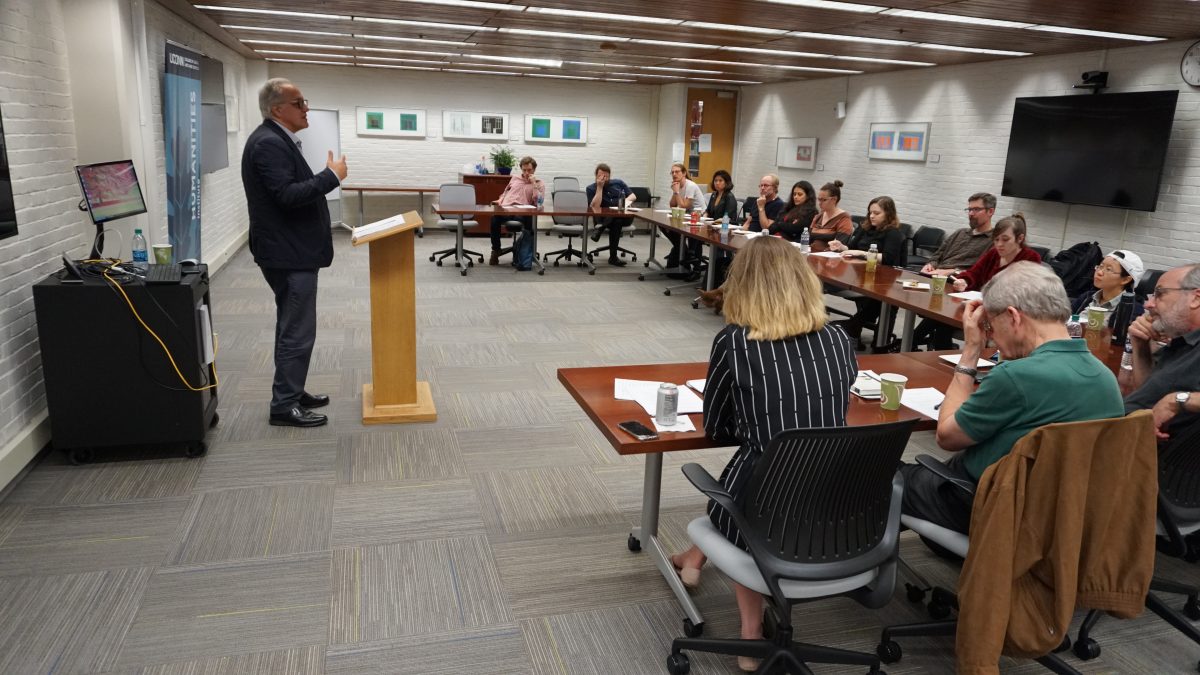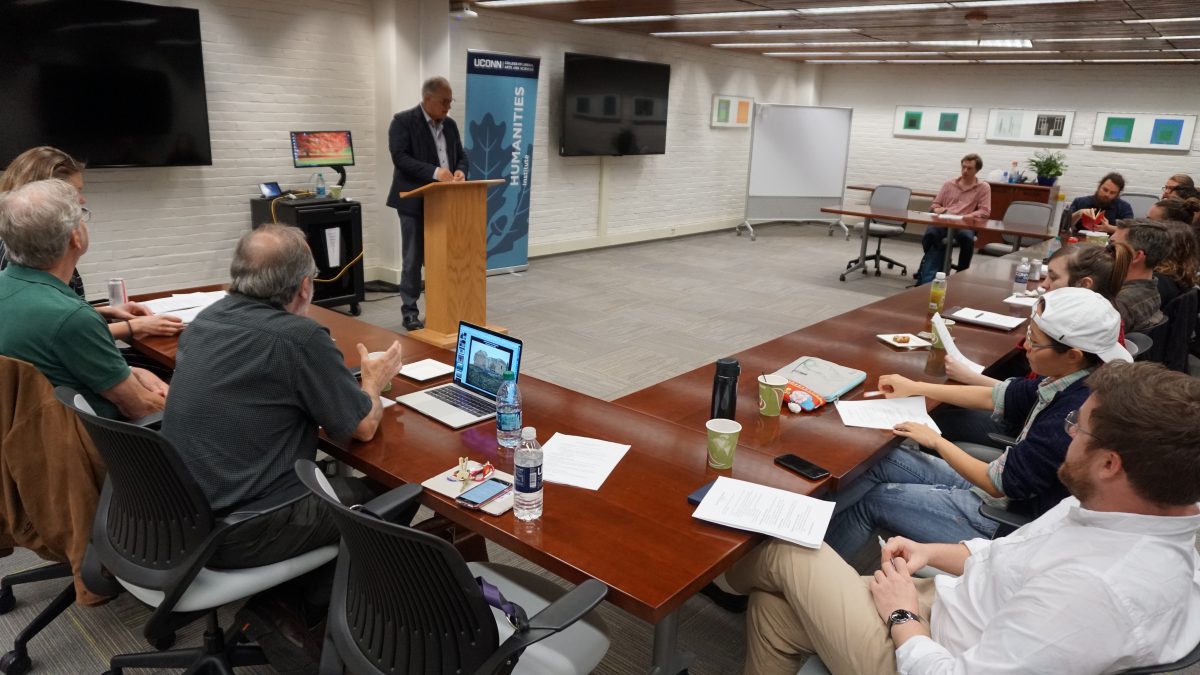
Addressing a culture of disrespect: Arrogance and Anger in Debate.
by Alessandra Tanesini
Public debates throughout the Western World have descended into polarized shouting matches. Mocking, bullying and silencing one’s opponents have become omnipresent in the context of discussions where winning is everything and the truth counts for nought. While there might be circumstances where anger and forceful indignation are warranted, there is little doubt that the current climate is one in which disrespect for one’s political opponents is prevalent.
Our times are characterized by widespread uninhibited anger. But ours is also an age of arrogance. It is arrogance that is responsible for the mocking, the bullying, and the silencing. When President Trump mocks Christine Blasey Ford who had not targeted him in her dignified testimony to the US Senate Judiciary Committee, arrogance is on display.
There is a special kind of arrogance that I have labelled haughtiness or superbia that manifests itself in a need to do others down so that one can feel superior to them. It is the form of arrogance of those who are obsessed with winning, who are prone to humiliate others in many ways and to refer to them as losers.
I have argued elsewhere arrogance is often associated with anger.[1] Anger is a negative response directed at a person who is perceived as having done intentionally something that wronged us or those we hold near and dear. The desire to retaliate is also an intimate element of anger. Some of the wrongs that elicit anger in response are slights or personal insults. These are perceived wrongs that directly harm the social status of the person who has been harmed in this way.
Arrogant individuals experience mere disagreements or requests for clarifications as slights and affronts. Although this perception is often unwarranted, arrogant people behave in this way because, often unconsciously, they think of themselves as judges or referees. They behave as if their opinions had the force of verdicts rather than of contributions made by equal discussants in debates. That is, these arrogant individuals feel that their views are not up for discussion. It is this sense of entitlement that causes them to experience challenges as affronts. It is also the basis of their feelings of superiority.
Since arrogant people experience disagreement as a slight -a threat to social status- they respond by trying to get even. Hence, they are angry. They take themselves to be entitled to a place at the top of the pecking order. It is a pecking order that they are keen to defend by mocking, humiliating, angrily intimidating other people.
Because the arrogant person ties up in his mind his own self-esteem and self-respect with being superior to others and with deserving special entitlements, his sense of self-worth is fragile. Ordinary behaviour by other people is felt as a threat to the self. The perceived slight instigates a desire to do others down to preserve one’s special entitlements. This is why arrogant people are angry.
Arrogance and anger feed each other. They are part of a vicious circle of ever increasing aggression and disrespect. The arrogant person needs to feel superior in order to have a good opinion of himself. He experiences equal treatment as an insult that must be remedied. Experiencing disagreement as a slight threatens to lower the social status of the arrogant individual at least in his own eyes. He feels he risks becoming the kind of person that others think can be treated like anyone else. Since he feels diminished, he reacts in anger to restore his self-esteem. But this anger, this need for retaliation, exacerbates the fragility of his self-esteem. He thus becomes more defensive, more arrogant and then even more disposed to anger.
These considerations suggest the hypothesis that arrogance is a defensive mechanism adopted by those whose high self-opinion is insecure. They hide their insecurity through aggression. There is empirical support for this proposition. Social psychologists have found that some individuals possess attitudes to the self that are discrepant. These people appear to have a high opinion of themselves as these attitudes are measured explicitly by means of questionnaires. However, when their attitudes about themselves are measured indirectly they appear to have low self-esteem. Indirect measures include Implicit Association Tests but also assessments of the name letter effect where the extent to which subjects prefer the first letter of their proper names is measured. Those people who have high self-esteem in explicit measures and low implicitly measured self-esteem are described as possessing defensive high self-esteem. These are individuals who are very defensive, act arrogantly, are boastful, are on average more prejudiced than other people, and are disposed to anger. In sum, there is reason to believe that arrogance is underpinned by defensive high self-esteem.[2]
In our current work for the project Changing Attitudes in Public Discourse we are testing whether defensive high self-esteem is predictive of seemingly arrogant behaviours in debate. These include being disposed to interrupt other speakers without possessing a similar tendency to offer supportive feedback. We are also developing an intervention to reduce arrogance in debate. We are testing whether self-affirmation techniques, designed to make the self less vulnerable to threats, might be effective in promoting humbler and calmer behaviour in debate. The preliminary results of this study will be available early next year on our website.
[1] Tanesini, A. Forthcoming. ‘Arrogance, Anger and Debate’, Symposion: Theoretical and Applied Inquiries in Philosophy and Social Sciences, Special issue on Skeptical Problems in Political Epistemology, edited by Scott Aikin and Tempest Henning. For a draft visit, https://tanesini.wordpress.com/publications/.
[2] For more details on the empirical literature, see Tanesini, A. In Press. ‘Reducing Arrogance in Public Debate’, In J. Arthur (Ed.), Virtues in the Public Sphere (pp. 28-38). London: Routledge. For a draft see https://tanesini.wordpress.com/publications/
